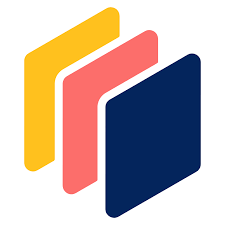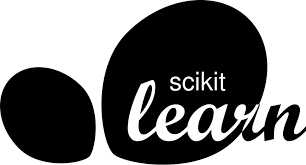The company, which is into full-service real estate management and investment firm, required a custom software solution to streamline their service offerings for property management, association management, and tenant engagement. The objective was to develop a scalable, user-friendly platform utilizing .NET to enhance operational efficiency, improve customer experience, and support the firm’s growing portfolio of clients.
This case study highlights the end-to-end development of a custom software platform tailored to the client’s unique requirements and the challenges addressed during the project.















